Introduction
In response to the coronavirus pandemic, Nebraska sent mail-in ballot applications to all eligible voters for the general election. The move followed a similar effort during the state’s record-smashing primary, when more than 75% of votes were cast by mail.
Mailing applications worked well in the primary, said Danielle Conrad, executive director of the ACLU of Nebraska.
Sign up for The Moment newsletter
Our CEO Susan Smith Richardson guides you through conversations and context on race and inequality.
“But our preference, from ACLU’s perspective, is that instead of sending vote-by-mail applications to registered voters in the pandemic, they should have sent ballots to all registered voters, so that people could automatically cast their vote,” Conrad said.
Nine states and Washington, D.C., mailed ballots to all eligible voters this year, and Montana permitted its counties to do so.
Receiving a ballot in the mail can help voters who aren’t fluent in English have adequate time to review their ballot, said Vanessa Martinez, organizing manager of the Immigrants and Communities Program at Nebraska Appleseed.
As of Oct. 26, nearly 373,000 mail ballots have been returned and accepted out of about 522,000 ballots requested, according to statewide early voting statistics.
The Cornhusker State boasts a long history of voting by mail, including no-excuse absentee voting. Since 2005, counties with populations fewer than 10,000 can apply to the Secretary of State to hold their elections by mail entirely. This year, 11 counties will conduct all-mail elections.
Legislative efforts to permit more populous counties to also conduct their elections by mail have failed, said John Cartier, director of voting rights with Civic Nebraska. In eastern Nebraska, Douglas, Sarpy and Lancaster counties account for more than half of the state’s population.
Here are some of the ways Nebraskans face barriers to voting in November:
Voter registration
The National Voter Registration Act of 1993 requires most states to provide citizens an opportunity to register to vote when they renew, replace or apply for a driver’s license.
According to the National Conference of State Legislatures, 19 states and the District of Columbia automatically register citizens to vote when they visit, or shortly after they interact with, the Department of Motor Vehicles, unless they decline. But Nebraska requires citizens to opt in.
“So when you’re going to update your driver’s license, you have to check a box at the bottom that says, ‘Yes, you can use this information to register me to vote or update my registration,'” Cartier said. “That one step eliminates a lot of people from getting registered to vote or getting their information updated right there.”
Supporters argue automatic voter registration results in a notable increase in the number of people who are registered and helps to collect cleaner data for voter registration rolls. But opponents question whether it results in higher voter turnout.
Nebraska implemented online voter registration in September 2015, which advocates say helps to expand voter participation. Online voter registration for this year’s general election closed before midnight on Oct. 16. Citizens had until Oct. 23 to register in person at their county election office.
Twenty-one states and Washington, D.C., allow citizens to register at the polls on Election Day, which can increase voter turnout. Nebraska is not among them.
Neighboring states Colorado and Iowa are. They enacted same-day registration in 2013 and 2007, respectively.
If a Nebraskan’s voter registration record isn’t up-to-date, or the voter’s eligibility is otherwise in question, the only option is to cast a provisional ballot because there’s no same-day registration. That’s a problem because provisional ballots have a higher rejection rate, Cartier said.
Nebraskans with a valid state driver’s license or state ID may register to vote online. But online and paper forms are available only in English and Spanish.
To register by mail, Nebraskans can print the online voter registration form. But some have trouble accessing printers.
“It’s this tangled web of barriers that each influences the other,” said Martinez, with Nebraska Appleseed. “So if you are already on the fence of, ‘will my vote matter or not’ and then you find out you have trouble getting to the polls or you find you don’t have a printer to register to vote, then you’re like, ‘OK, I’m done.'”
Felon enfranchisement
Nebraska is among 11 states that fail to automatically restore voting rights to people with felony convictions who have completed their sentences, or require additional action.
In 2005, the Nebraska Legislature passed a bill restoring these rights two years after residents complete their sentences. But when and how Nebraskans regain their rights is a source of confusion.
In 2016, about half of election officials in the state’s 93 counties provided accurate information regarding voting rights for people with felony convictions, according to a study by the ACLU of Nebraska.
The following year, Republican Gov. Pete Ricketts vetoed a bill that would have removed the two-year waiting period and restored voting rights after completion of a prison term or parole. Despite widespread support in the legislature, lawmakers failed to override the veto.
“So here we are with the arbitrary two-year waiting period,” said Conrad, with the ACLU of Nebraska.
This year, more than 6,000 Nebraskans received notices their voting rights were not yet eligible for restoration because of felony convictions, the Nebraska ACLU found through a public records request. It reviewed about half the sample and flagged 297 notices sent in error. The Secretary of State’s office corrected 51 of those.
For various reasons, the agency found no further action was necessary for the 246 remaining notices, according to a letter the Secretary of State’s office sent the Nebraska ACLU. The group had asked the office to alert all affected individuals about the error.
“Imagine somebody who’s already confused about how their past system involvement may impact their voting rights, and they get a letter from election officials saying you’re not permitted to vote, you’re not permitted to register, and then they never hear from any elections officials,” Conrad said. “I think that has a chilling effect.”
Felon disenfranchisement laws tend to disproportionately affect people of color. The laws’ roots can be traced to the period following the Civil War, when Southern lawmakers implemented criminal laws designed to target Blacks while also revoking the voting rights of people convicted of felonies.
Nebraska Appleseed has pushed to eliminate the two-year waiting period, arguing that “once you’ve served your time, then it’s over,” Martinez said. “There’s no reason to continue to penalize people.”
Read more in Money and Democracy
US Polling Places
In Idaho, voter ID law, language barriers limit voter access
Idaho could do more to reach Spanish speakers and ease voter ID requirements
US Polling Places
GOP lawsuit in Nevada is a second attack on state’s expanded mail-in voting
The state has made voting more accessible overall, but casting a ballot remains difficult for many in tribal communities.
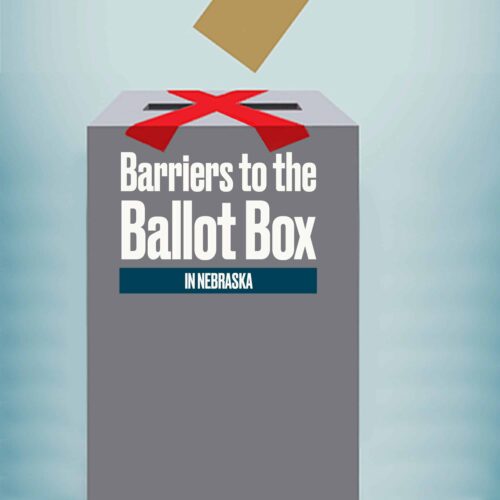
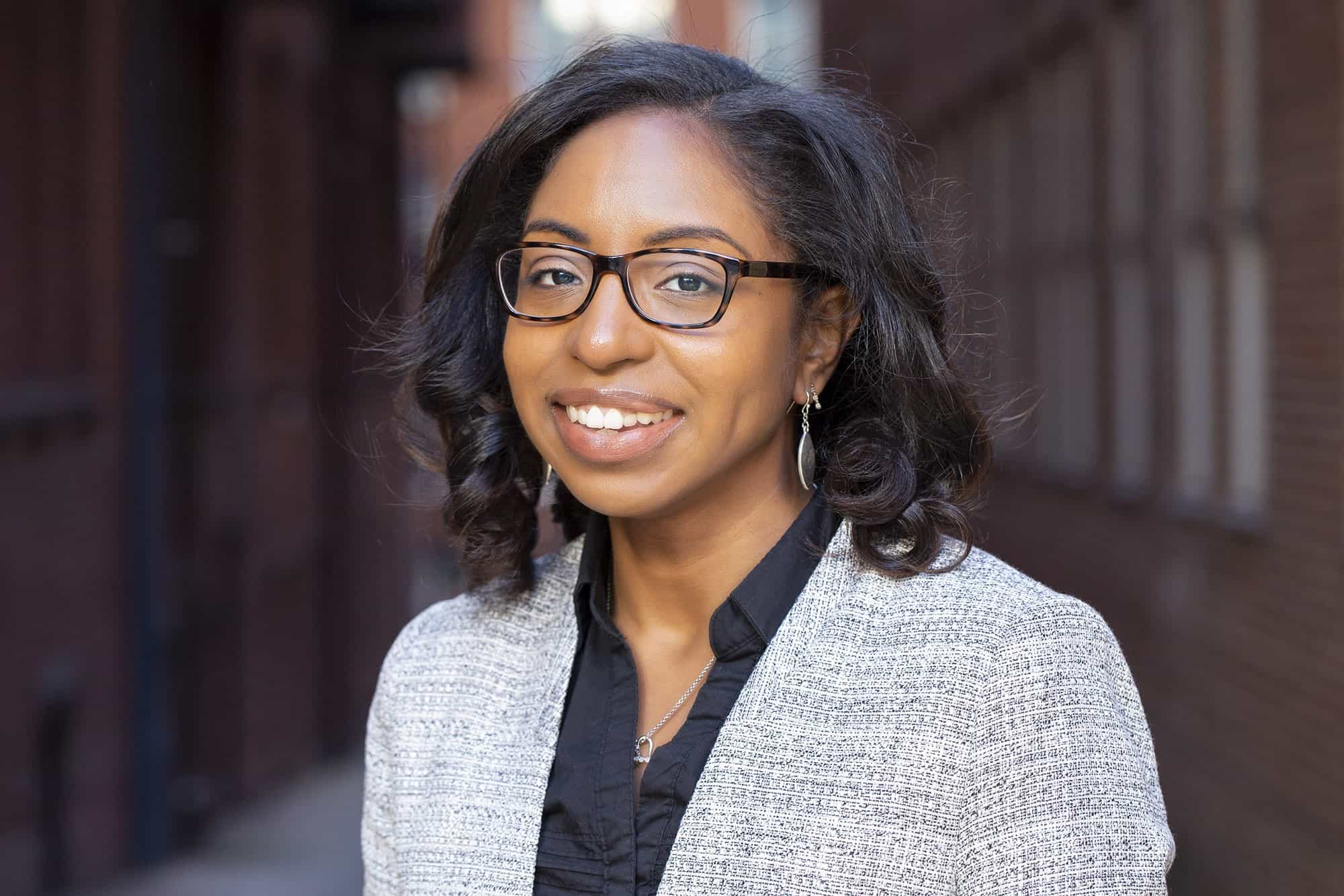
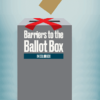
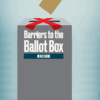
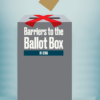
Join the conversation
Show Comments